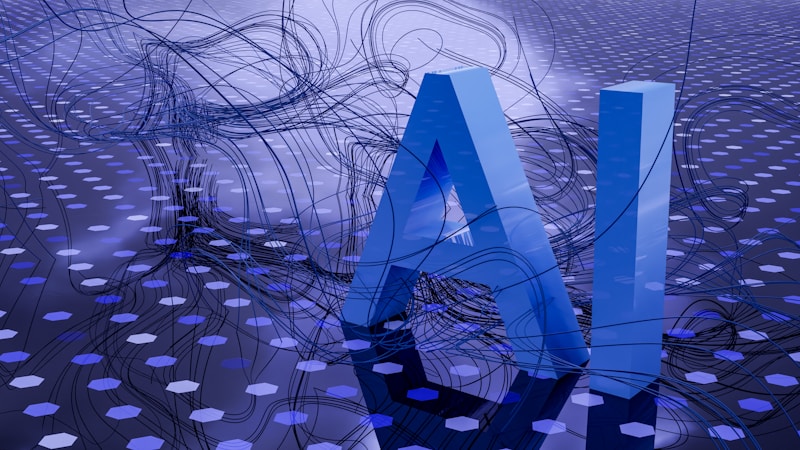A federal judge has lifted a controversial court order that required OpenAI to indefinitely preserve all ChatGPT conversation data, marking a significant development in the ongoing copyright lawsuit filed by The New York Times against the AI company[1][3].
Federal Judge Ona T. Wang filed a new order on October 9 that frees OpenAI from its obligation to “preserve and segregate all output log data that would otherwise be deleted on a going forward basis”[1]. The decision, effective September 26, brings relief to OpenAI after months of what the company characterized as an overly burdensome and privacy-risking mandate.
Background of the Preservation Order
The preservation mandate originated from a lawsuit filed in late 2023, when The New York Times sued OpenAI for copyright infringement, alleging that the AI company trained its models using the news outlet’s intellectual property without proper compensation[1][3]. In May 2025, the court ordered OpenAI to retain all chat logs to allow the Times to investigate potential copyright violations.
OpenAI quickly appealed the order, arguing it was an “overreach” that posed risks to user privacy and disrupted normal model operations[3]. The company maintained that the broad data hold created security liabilities and threatened to expose non-party user data[4].
What Changes Under the New Ruling
While OpenAI gains significant relief from the blanket preservation requirement, the new order maintains certain obligations. Any chat logs already saved under the previous mandate remain accessible to the parties involved[1][3]. Additionally, OpenAI must continue to preserve data related to ChatGPT accounts that have been specifically flagged by The New York Times.
The court also granted the Times the ability to expand the number of flagged users as it continues investigating its copyright claims[1][3]. This targeted approach represents a middle ground between the Times’ need for evidence and OpenAI’s operational and privacy concerns.
Implications for the AI Industry
The underlying lawsuit remains active and continues to address fundamental questions about whether AI models can claim “fair use” of copyrighted material in training data[3]. The case serves as a potential landmark for the broader AI industry, establishing precedents for data transparency and content licensing.
As more media organizations and creative groups pursue similar legal actions against AI companies, the boundaries between artificial intelligence development and copyright protection continue to evolve[3]. The tension between protecting intellectual property, safeguarding user privacy, and fostering innovation remains a complex challenge for both regulators and the technology sector.
While this ruling provides OpenAI temporary relief from an operationally burdensome mandate, the fundamental copyright questions at the heart of the case remain unresolved and will likely shape the future of AI development and content licensing for years to come.
Sources:
- https://www.engadget.com/ai/openai-no-longer-has-to-preserve-all-of-its-chatgpt-data-with-some-exceptions-192422093.html
- https://securityonline.info/openai-wins-reprieve-court-vacates-order-forcing-indefinite-preservation-of-all-chatgpt-output-data/
- https://www.findarticles.com/judge-lifts-openai-chatgpt-log-preservation-order/
- https://images.unsplash.com/photo-1677442136019-21780ecad995
Photo by matthewsjackie on Pixabay

